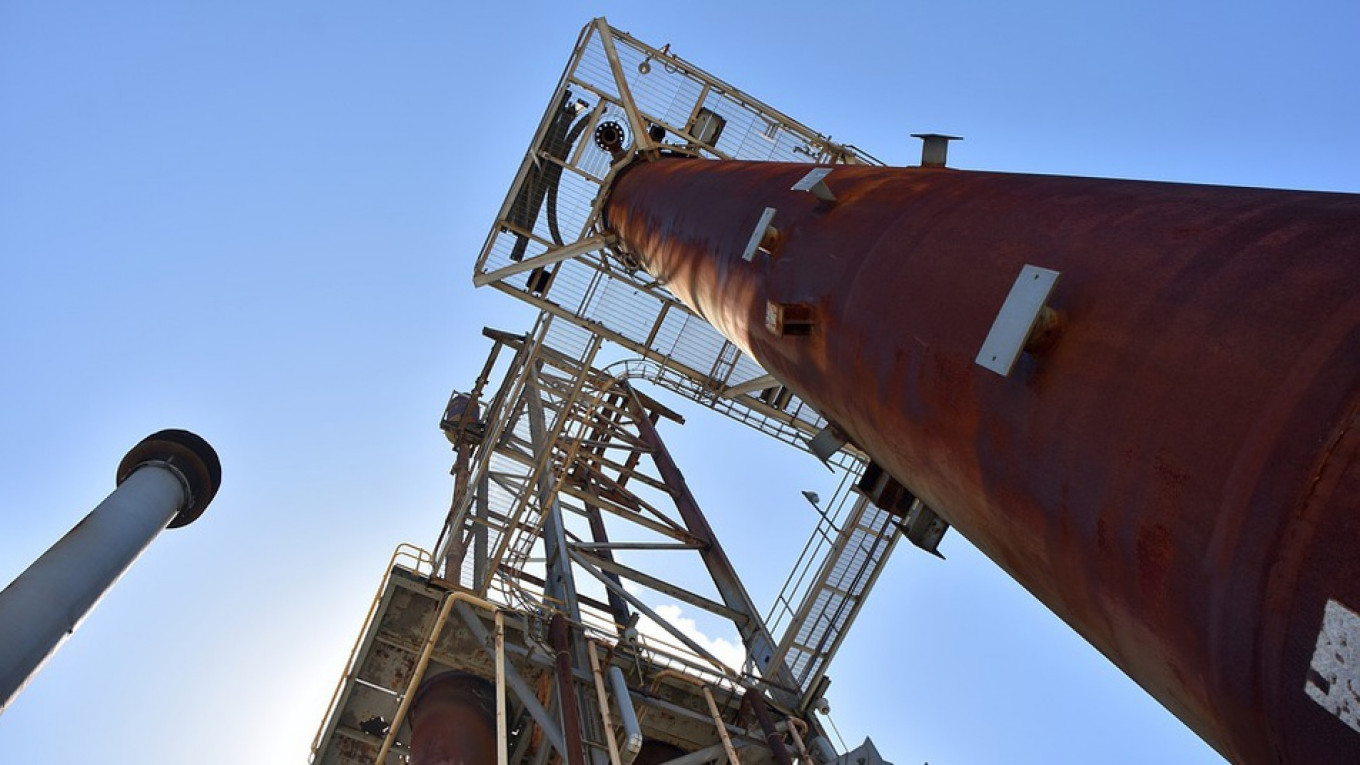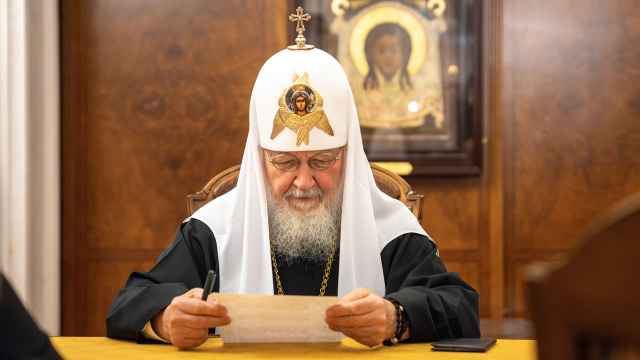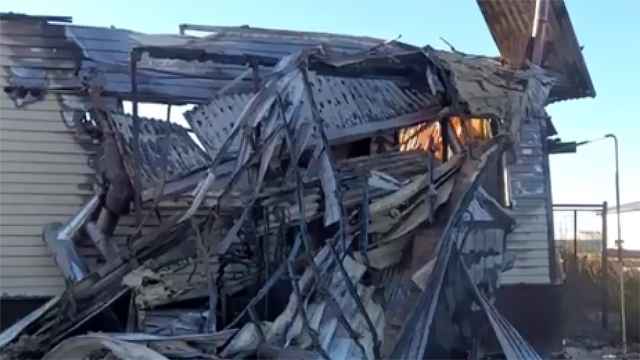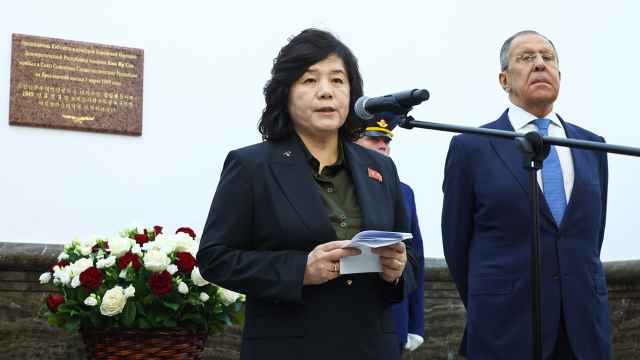Russia is setting records in gas pipeline exports despite U.S. pressure on Europe to reduce imports, and aims to become the world's leading liquefied gas exporter in the next decade thanks to technology it is developing at home.
Russian government officials and executives told an industry conference on Wednesday they expect Russia export a record amount of gas this year, potentially exceeding 200 billion cubic metres (bcm) and beating last year's all-time high of 194 bcm.
The development comes despite repeated calls by the United States on Europe to diversify its gas imports away from the Kremlin's pipeline monopoly Gazprom, which Washington says is using energy as a tool of intimidation.
Gazprom controls 35 percent of the gas market in Europe, larger than any other supplier, and aims to increase its share to 40 percent due to declining European production and the lower cost of extracting gas in Russia.
"We have been hearing about the reduction in Russian supplies for many years now," Russian energy minister Alexander Novak told the conference. "But in spite of this, Europe keeps increasing Russian gas imports."
Novak said Russia could double gas exports by 2030 to meet soaring global demand.
That would require Gazprom to build new pipelines to China and Europe, adding some 163 bcm to its exports, while Russian liquefied natural gas (LNG) exports could reach 80-115 million tonnes.
That would put Russia on a par with Qatar, the world's largest LNG producer, which plans to expand its capacity to 110 million tonnes by 2024 from 77 million tonnes now.
Russia is a fairly modest LNG producer. Its output comes from a Gazprom-led project on Sakhalin island off Russia's Pacific coast, and a project led by private producer Novatek in the Arctic Yamal peninsula.
"Despite the fact that the United States is reluctant to see Russian gas, some cargoes of LNG from Yamal have reached the United States itself this year," Novak said.
Novatek's chief executive, Leonid Mikhelson, said his company had the resources to boost output far above current targets. The company has said it could quadruple output to as much as 80 million tonnes of LNG.
"We are seeing the birth of a new industry in Russia," said Mikhelson, adding that Novatek has developed technology to liquefy gas.
Russia has up to now relied on companies such as French oil major Total to build new plants and provide technology.
U.S. and European sanctions on Moscow over its actions in Ukraine have made exports of technology to Russia and the funding of projects, such as Novatek's Yamal, challenging.
The United States also aims to become a large LNG exporter through its booming shale gas industry, but Mikhelson and Gazprom's deputy chief executive Alexander Medvedev said Russian gas would still be cheaper in Europe.
"As the Russian saying goes - they try to scare us but we are not afraid," Medvedev told the conference.
He added Europe may need as much as 100 bcm of new gas imports by 2030 because its own production is falling.
A Message from The Moscow Times:
Dear readers,
We are facing unprecedented challenges. Russia's Prosecutor General's Office has designated The Moscow Times as an "undesirable" organization, criminalizing our work and putting our staff at risk of prosecution. This follows our earlier unjust labeling as a "foreign agent."
These actions are direct attempts to silence independent journalism in Russia. The authorities claim our work "discredits the decisions of the Russian leadership." We see things differently: we strive to provide accurate, unbiased reporting on Russia.
We, the journalists of The Moscow Times, refuse to be silenced. But to continue our work, we need your help.
Your support, no matter how small, makes a world of difference. If you can, please support us monthly starting from just $2. It's quick to set up, and every contribution makes a significant impact.
By supporting The Moscow Times, you're defending open, independent journalism in the face of repression. Thank you for standing with us.
Remind me later.






